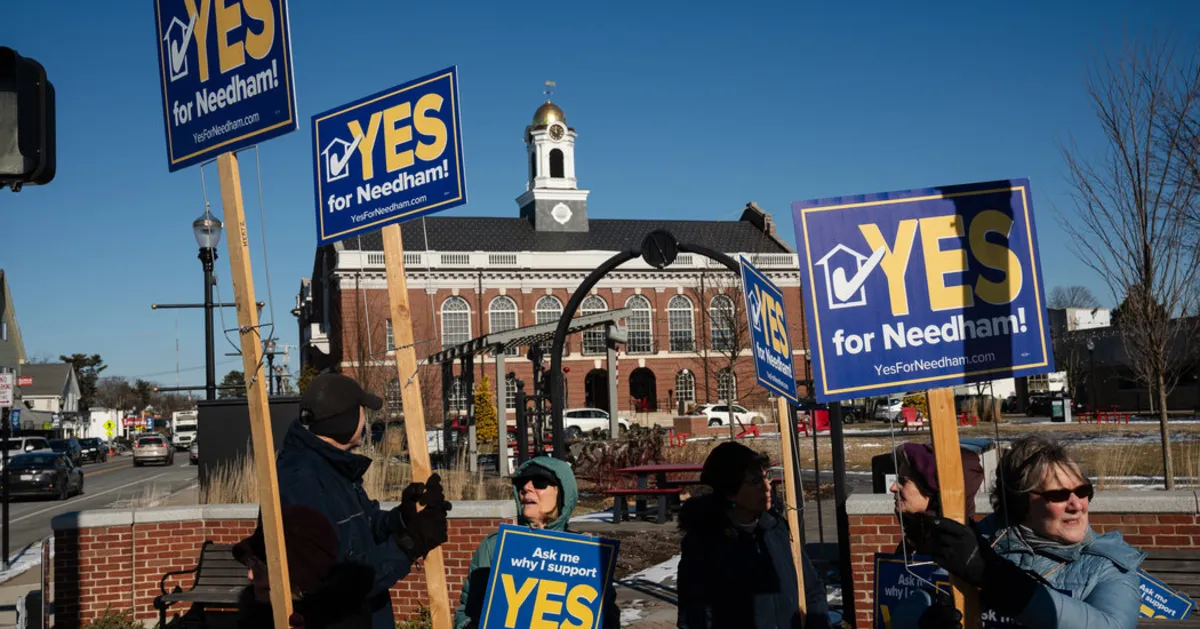
Working at a cafe in Winthrop, Mass., for the last seven years, Valdineia Santos has grown to love this seaside suburb of 20,000 people, just north of Boston. Despite her affection for the area, the high cost of living poses significant challenges. The two-bedroom apartments she found in Winthrop rent for about $3,000 per month, an amount far beyond her means. Consequently, Ms. Santos and her young daughter remain in Malden, a city approximately a half-hour’s drive inland.
“Maybe someday,” she mused recently, as she was winding down her shift at the cafe. Her situation highlights the pressing issue of housing affordability, a concern shared by many residents in the region.
To address concerns like those of Ms. Santos, a four-year-old state law was enacted with the intent to increase the supply of apartments in dozens of towns around Boston. The law was designed to ideally put downward pressure on rents, making housing more affordable for residents. However, despite its well-intentioned goals, the law has faced significant challenges and opposition.
Many towns have resisted the law, arguing that the state should not impose regulations that force them to permit more multifamily housing. Diana Viens, a resident of Winthrop, has been at the forefront of a movement to oppose the law. “It’s taking away the rights of citizens, and transferring those rights away from the people who know the town best,” she stated. Viens questions the state’s understanding of local needs, asking, “Has the governor ever set foot here? Has she looked at our plan for our downtown?”
The ongoing debate underscores the tension between state-level policies and local control, as well as the challenges of addressing affordable housing in a high-demand area like Winthrop. The outcome of this legal and civic struggle will have significant implications for residents seeking affordable living options in the region.